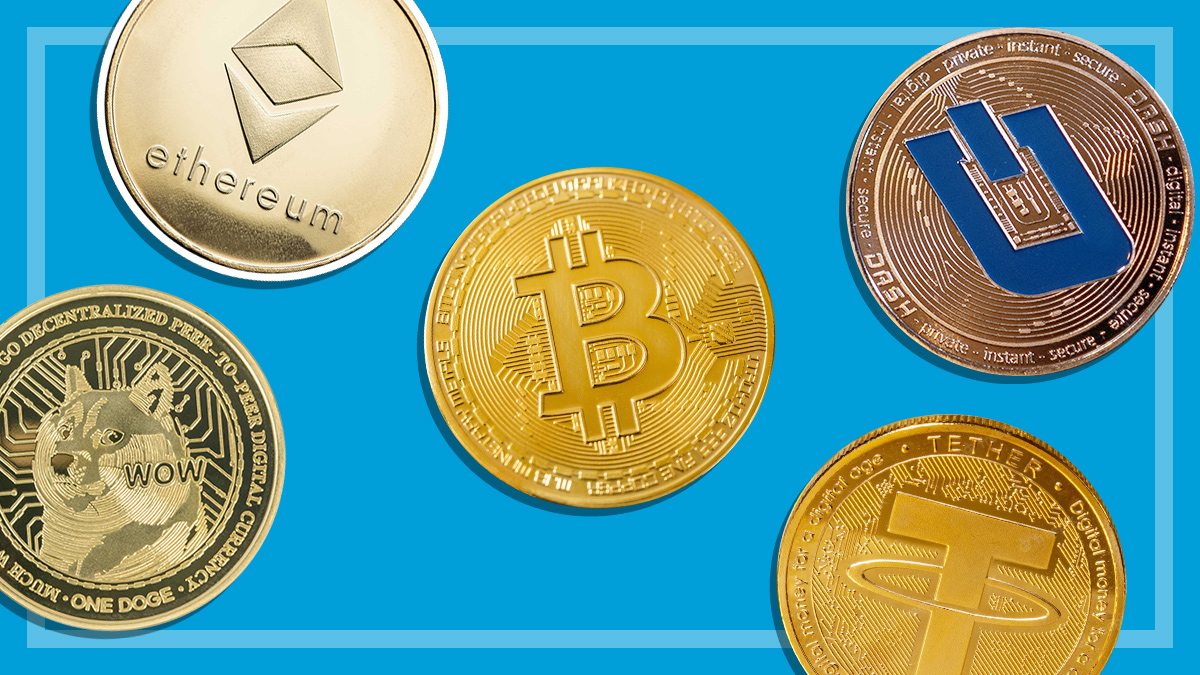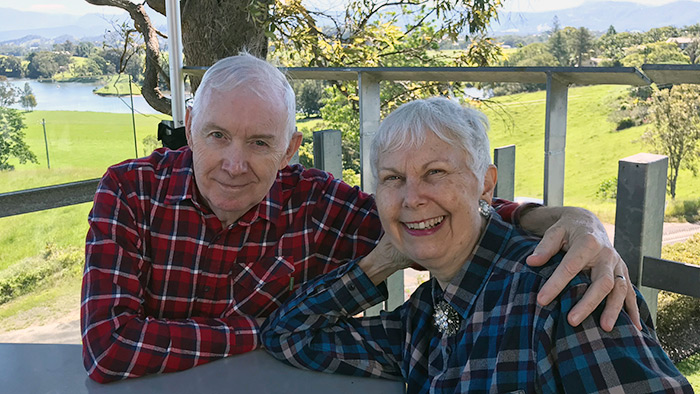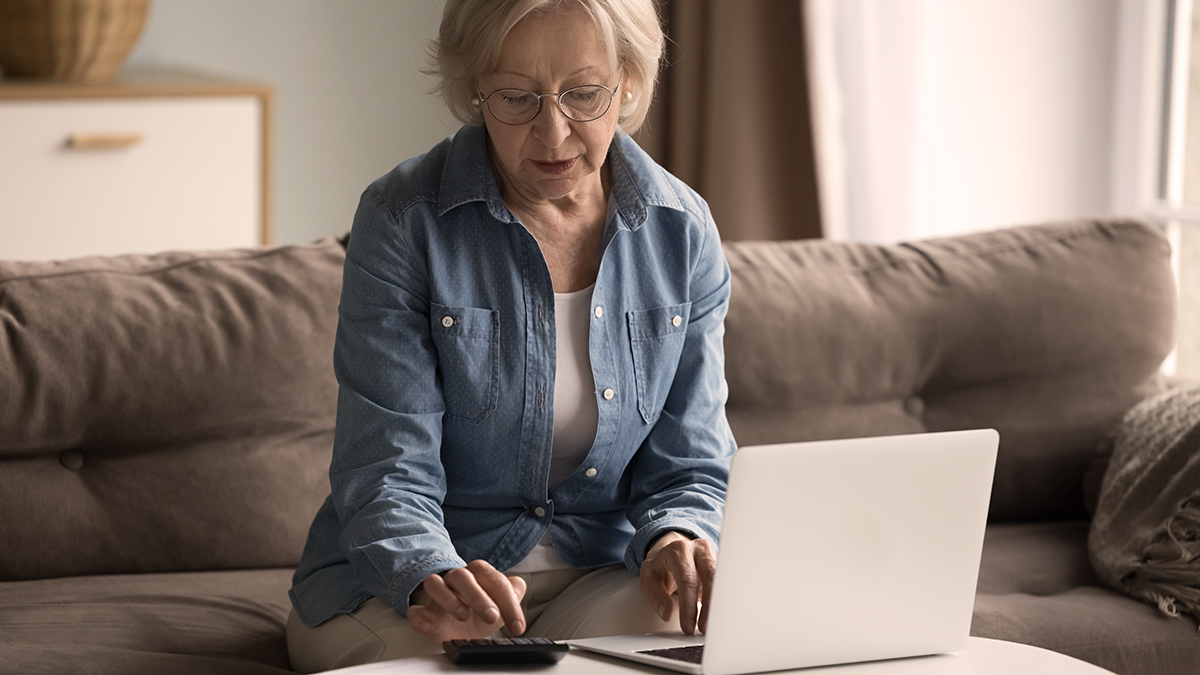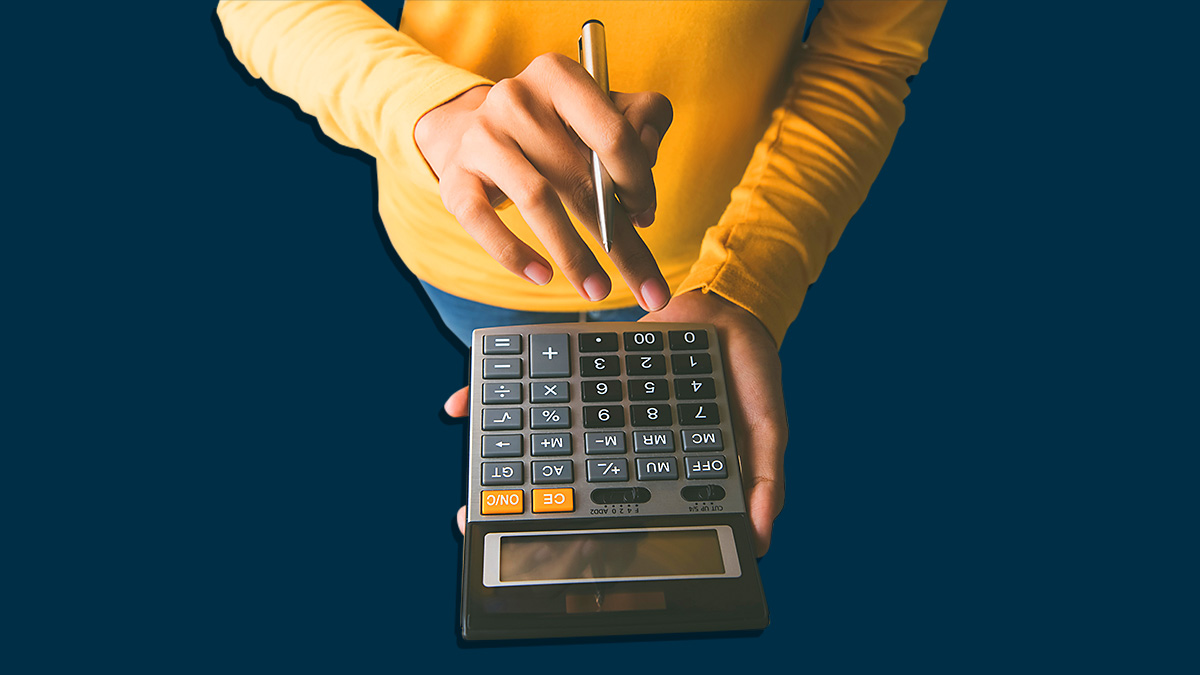Get our independent lab tests, expert reviews and honest advice.
CHOICE calls for better protections in the cryptocurrency market

Need to know
- Only about one in 10 Australians have purchased a cryptocurrency over the past 12 months, but plenty have been scammed
- The crypto market recently plummeted, wiping out billions of dollars of consumers’ money
- CHOICE is calling for exchanges that sell or are in control of crypto assets to be subject to the same consumer protection obligations as the traditional financial services sector
When Dallas Robson and her husband Jim saw an ad for cryptocurrency investing on Facebook featuring Australian entrepreneur Dick Smith and other prominent Australians, it looked pretty convincing.
The Gold Coast couple pride themselves on taking alternative approaches to things, including investing, and it seemed cryptocurrency was the way of the future.
But now their financial future is in jeopardy. After clicking on the Facebook link, they got a call from someone claiming to be a retirement investment adviser, apparently from the UK.
Over the course of about two months, the man convinced the couple to invest their entire pension entitlement, $330,000, in his alleged cryptocurrency scheme. That money is now gone.
How the crypto scammers work
“He called both of us every day for a month or more and gave us access to what was supposedly a cryptocurrency website,” Dallas says.
“We started with a small amount of money, and all the time we were shown on this cryptocurrency web link that the money was going up every day. We’d never dealt with cryptocurrency, so we didn’t know what it was supposed to look like.”
We’d never dealt with cryptocurrency, so we didn’t know what it was supposed to look like
Dallas Robson
As the days went by and the amounts the Robsons invested went up, their adviser added a personal touch.
“He sent photos of his so-called grandson and dog, and said he was divorced and had six properties in Noosa [Queensland],” Dallas says.
The adviser explained that their investments would be protected by blockchain technology, the digital ledger that keeps track of cryptocurrency holdings.
“It was supposed to protect us from anyone coming in and taking that money,” says Dallas. “And we had heard about that.”
Scammers ramp up the pressure
But then the man who’d been calling them every day for months claimed to have fallen ill with COVID-19, and a new man started calling.
“And all he kept saying was, send us more money, send us more money,” Dallas says. “My husband and I both emailed him and told him, ‘We don’t have any more money. You’ve got it all’. And he said, ‘Oh, what about the house?’.”
The scammers apparently worked as a team.
“Another man rang us who was supposedly from a firm who got money back from scammers,” Dallas says. “It was also a scam and we lost a further $10,000 on our credit cards. A very big lesson in trust, sadly.”
Couple loses everything
The Robsons contacted the ACCC in an attempt to recover their funds, but the agency said there was little they could do as the scam had originated overseas.
According to our national survey, Australians who are interested in buying a cryptocurrency, but have yet to do so, are mostly worried about losing their money. The second-biggest worry is scams.
Dallas Robson is not particularly optimistic about getting her money back, but she wants to do what she can to prevent others from falling prey to a cryptocurrency scam.
“If we can stop one person from getting into this situation, then I would be absolutely over the moon,” she says. “I don’t want anyone else to feel like we felt.”

Crypto volatility costs investors
A little more than one in 10 Australians bought a cryptocurrency such as bitcoin or ethereum over the past 12 months, according to our survey. More than seven out of 10 (71%) who reported being interested in the crypto market declined to make a purchase because of concerns about volatility, being scammed or otherwise losing their money.
Aside from the scams, it’s not hard to see why. In mid-May, billions of dollars’ worth of cryptocurrency assets vanished practically overnight, as the crypto market took a nosedive and lost about half of its value.
Bitcoin, arguably the best-known cryptocurrency, dropped below $US25,500, down from a record high of $US69,000 in November 2021, according to reports.
As it stands, enforceable protections in the unregulated cryptocurrency market are somewhere between negligible and non-existent
This was just the latest spate of volatility. Dizzying ups and downs are a regular feature of the cryptocurrency market.
Our nationally representative CHOICE Consumer Pulse survey of 1034 Australians in March and April also revealed that more than half of us don’t know whether cryptocurrency trading comes with consumer protections similar to those that apply to the stock market. About the same number of people believe that such protections should be in place.
As it stands, enforceable protections in the unregulated cryptocurrency market are somewhere between negligible and non-existent. In a submission to the federal government, CHOICE is calling for a regulatory regime to help put an end to consumer harm.
Crypto rife with scams
For the many Australians who have lost money to cryptocurrency scams, a few basic protections might have led to a better outcome.
Earlier this year, we reported that Australians lost $99 million to crypto investment scams in 2021 (the total loss for crypto scams in general was $129 million). It was the country’s costliest scam at the time, and probably still is.
In March, the ACCC started legal proceeding against Facebook (or Meta Platforms), alleging that it engaged in false, misleading or deceptive conduct by publishing cryptocurrency investment scam advertisements featuring Australian public figures, including businessman Dick Smith, TV presenter David Koch and former NSW premier Mike Baird (none of whom had anything to do with the advertised investment schemes).
It’s the very scam that lured in the Robsons.
‘I did lots of research and still got scammed’
We’ve recently heard from a number of consumers who learned the hard way that the crypto market poses many risks.
“I did lots and lots of research and took every precautions but still got scammed and lost $30,000,” Steven* tells us.
“I was conned and lost $50K,” Wilson* says.
‘My bitcoins are still out there’
But even when you’re not caught up in a scam, the crypto market can all too easily run off with your money.
“The bitcoins went up in value for a short time after I purchased a small amount, but then quickly retreated to a value lower than the purchase price,” another crypto customer tells us.
“I decided to leave my small amount in place as I thought it would go up again. What I didn’t and couldn’t know was that the company that held my bitcoins was in trouble and was taken over by another company. When I approached the new company I didn’t receive a reply. I never made any money out of my bitcoins, which I believe are still out there somewhere, if I could only find them.”
Hard-sell tactics
Aside from the Robsons, we’ve heard from others who report being subject to hard-sell tactics.
“The seller continued to push me to top up,” says Sherry*. “I tried to sell but was being told otherwise. Finally, I just got sick of it and cut contact with those wolves. I’d rather lose the money that I already put in than be bothered every day.”
*Not their real names.
What we’re calling for
In light of the data, which shows the increasing interest in crypto trading, the rise in aggressive marketing and the huge growth in scams, CHOICE is urgently calling for better regulation.
“The crypto market is booming, but our laws are lagging behind,” says CHOICE senior policy adviser Patrick Veyret. “More and more Australians are purchasing crypto assets such as bitcoin and etherum without adequate consumer protections.”
CHOICE is hearing from many Australians about financial loss and other harm caused by purchasing crypto assets that were not what they appeared to be.
The crypto market is booming, but our laws are lagging behind. More and more Australians are purchasing crypto assets such as bitcoin and etherum without adequate consumer protections
CHOICE senior policy adviser Patrick Veyret
“There’s been a number of recent collapses of exchanges where people have lost all of their savings with no ability to get their money back,” says Veyret. “The recent collapse of the supposedly ‘stablecoin’ terraUSD (recently relaunched as luna) is a clear example of the extreme volatility in this unregulated market.
“CHOICE has also seen a huge surge in scams on crypto exchanges. Our research shows that two in five people who are interested in crypto are not investing due to the risk of scams.”
Our submission to the federal Treasury
In our submission to the federal Treasury, we call for:
- a single definition for crypto assets for the purposes of regulation
- a licensing regime for all exchanges that sell or are in control of crypto assets in line with the Australian Financial Services Licence regime
- crypto exchanges to be bound by consumer protection provisions including a prohibition on misleading and deceptive conduct, unconscionable conduct, and unfair contract terms
- crypto exchanges to have measures in place to prevent fraudulent payments and to reimburse consumers when they occur.
“The new federal government needs to rein in the unregulated crypto industry as one of its financial services reform priorities,” says Veyret.
“Australians expect the same level of consumer protection and regulatory oversight for crypto assets as they do with other financial products.”





